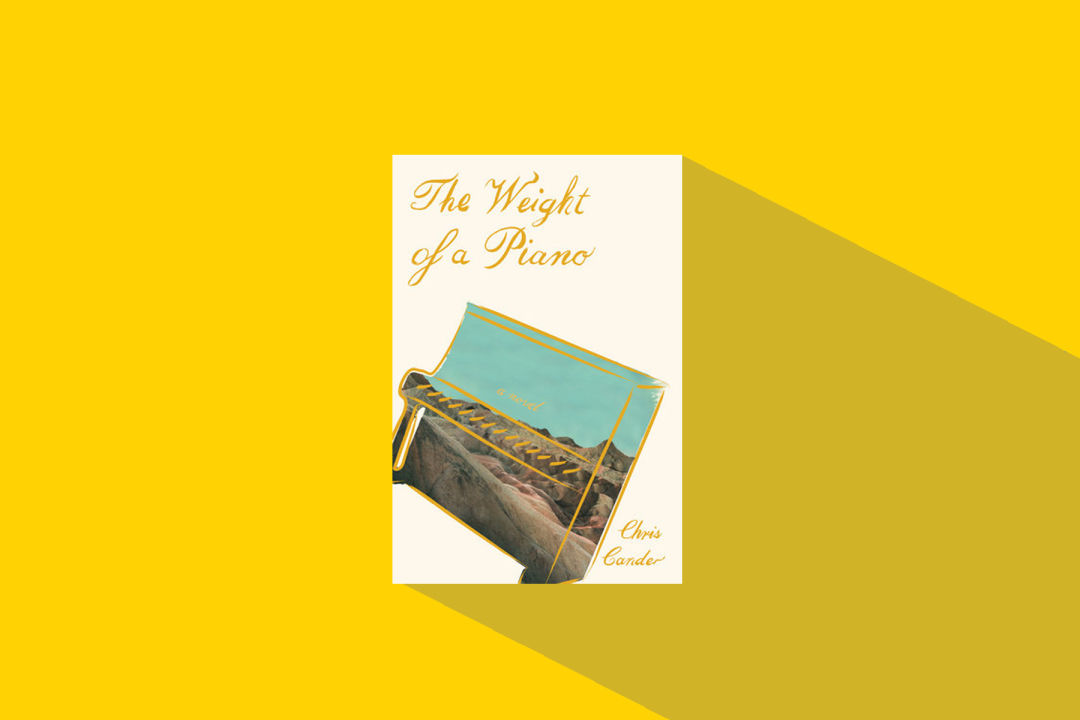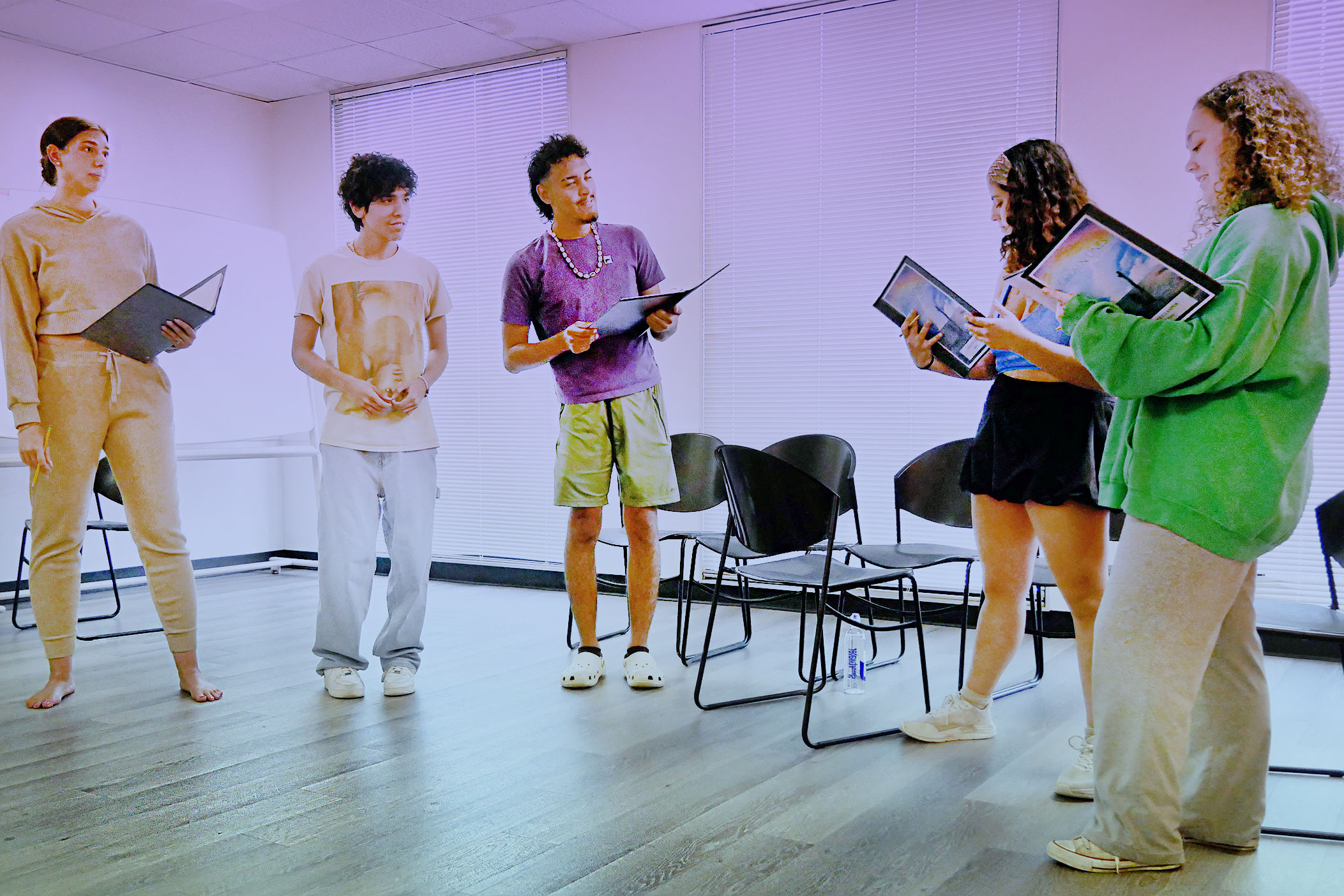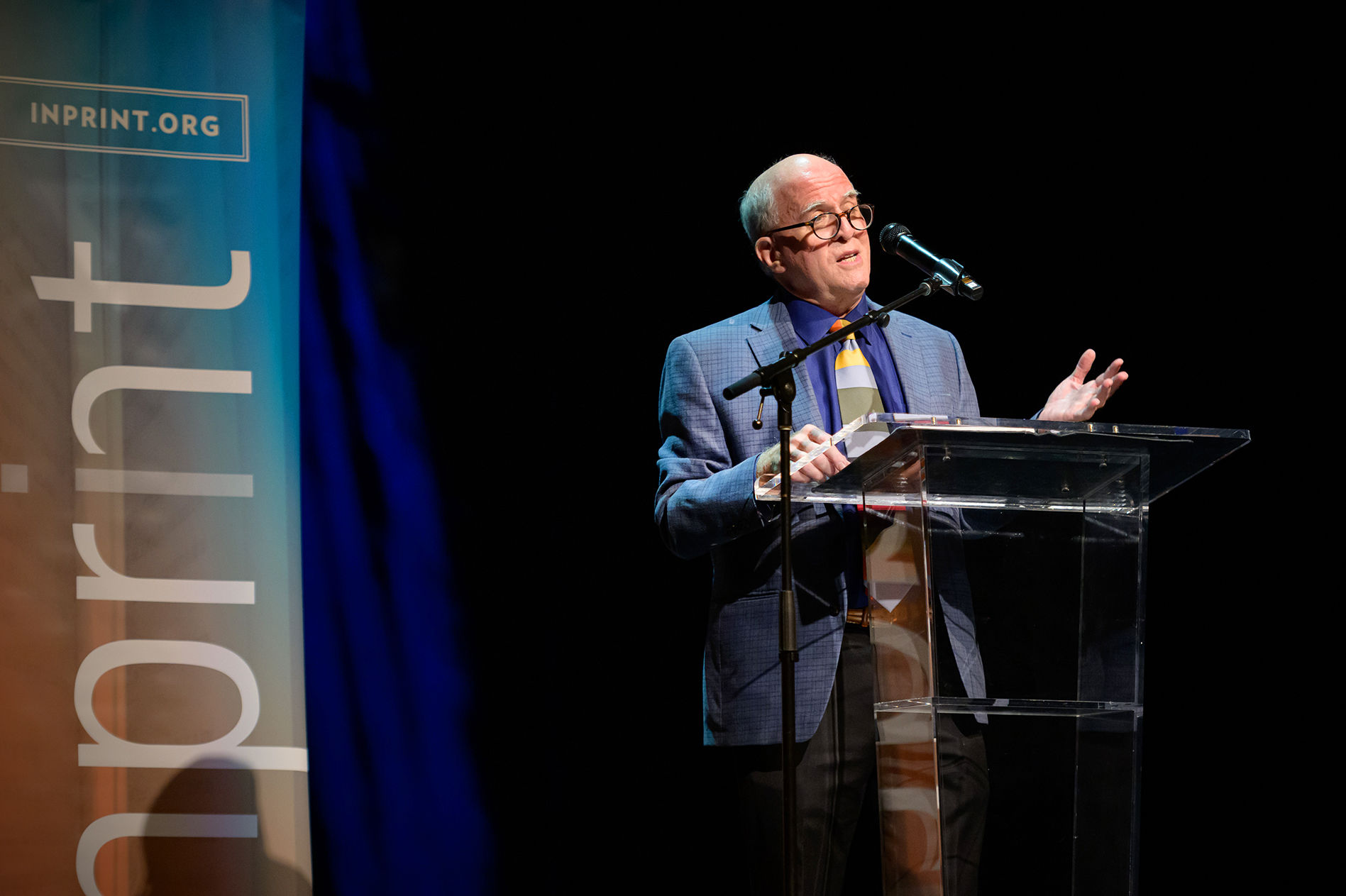Chris Cander’s New Novel Explores Our Attachments to the Things of Our Lives

Houston writer Chris Cander’s engaging new novel begins, quite romantically, in the Romanian mountains, where we see the anatomy of the long process of building a piano, starting with the perfect Spruce Pine.
Julius Blüthner is the architect of the Blüthner piano that dominates the narrative and crosses continents to shape the life of Katya, a woman who plays the keyboard given to her by a German war survivor and who desperately tries to hold on to it as she emigrates from Russia to the United States.
Juxtaposed by the “origin” story of the piano is the intertwining story of Clara Lundy. Clara lives in California, traumatized by the tragic deaths of her professor parents, who died in a fire. She is a mechanic who works in the Kappas family garage, struggling with relationship problems and her family’s past. What binds these two characters together is this instrument in their lives, and the significance of what it represents. Early in the novel the question is “Why should this piano be special?” and when Julius asks the instrument “What will you say to this world?” Cander lays out the novel's ensuing drama.
Poet William Carlos Williams famously wrote, “No ideas but in things.” By using the Blüthner piano as the objective correlative for meaning in the characters’ lives, Cander extends this notion to another level, going beyond ideas to the emotions invested in the things we value. The piano is at once an instrument of expression and simultaneously a symbol of the past—one that holds mysteries and even pain. Clara holds on to the piano in Bakersfield, California, even though she doesn’t play, and keeps it because it was a gift from her father: “The Blüthner became little more than a piano-shaped paperweight, keeping what was left of her childhood memories from floating away.”
In an interesting twist, this gift will bring Clara back to Katya, the melancholic and almost tragic pianist who first becomes attached to the piano that permeates not only the lives of multiple characters, but actually inspires more art in the photography of Greg Zeldin, another mysterious figure who ultimately forces Clara to come to terms with her attachment to the piano, and her troubled past.
Cander has a gift for description and draws us into the lives of Clara, Katya (and her difficult marriage), and the Kappas family, whose warmth and concern anchor Clara in even the most challenging of times. Cander also deftly takes us through the sweep of 20th century history, from Wilm Kretschmann, the original owner of the piano who, after the war, had “been blinded by either schrapnel or guilt,” through the Soviet rule of Khruschev and Brehznev, up to more contemporary times in the United States. There are moments of romance, and even political intrigue, punctuated by questions that hang over the narrative, including how the pressures of working class existence and political oppression can crush artistic ambitions.
One woman’s musical instrument is another man’s photographic focal point, and Cander reminds us that the piano is not only an instrument of interpreting music, but a subject of interpretation: a psychological presence that reveals the inner longings and insecurities of those who are affected by its presence. Greg Zeldin’s motto for his photographs is a quotation from the composer John Cage: “When we separate music from life, we get art.” And this is what Cander has accomplished in her novel that separates the objects of our lives from the creative projections that we extract and place on them. In the many scenes that dramatize the piano being moved from one location to another, we see the emotional significance of this instrument. Katya’s son recalls that “he watched his mother bring blankets with which to drape it, good blankets they used every night that were made by his grandmothers and brought over during the emigration from Russia years ago.”
Cander forces us to consider the lengths we will go to not only for art, but for our personal past, no matter how full of turmoil that past may be. The Blüthner in Greg’s photos “became just another one of those heavy objects silently fleeing their histories,” but Cander infuses the piano with a power of a character itself, an important and towering figure that both gives and weighs one down. With a vast knowledge of classical music and a masterful use of setting from Europe to Death Valley, The Weight of a Piano is not just a meditation on the things of our lives, but also an argument that these are also subjective correlatives for all of the things that we cannot stand to lose.
The Weight of A Piano by Chris Cander. Available now at brazosbookstore.com.




